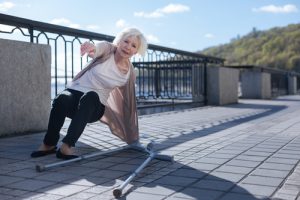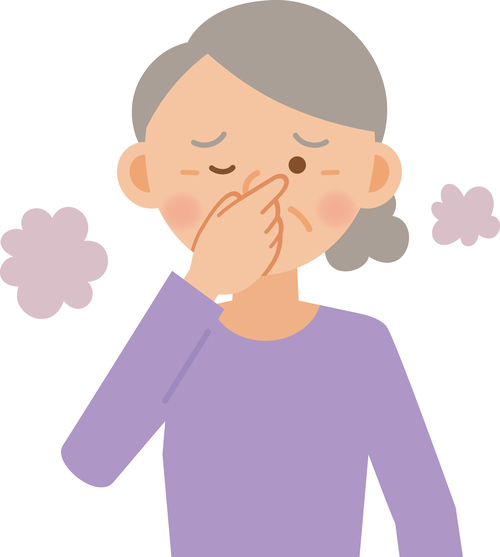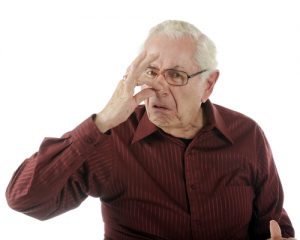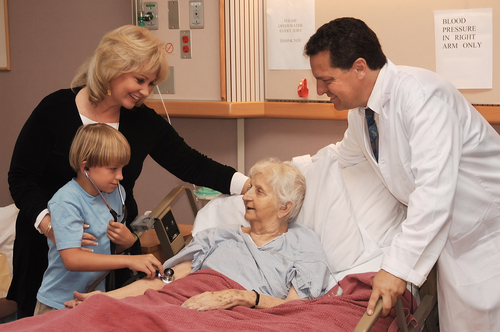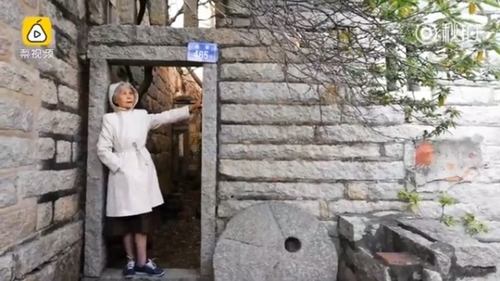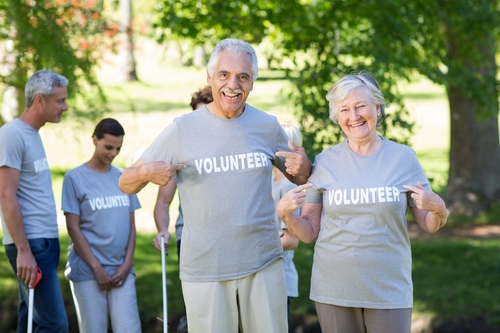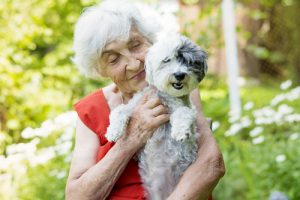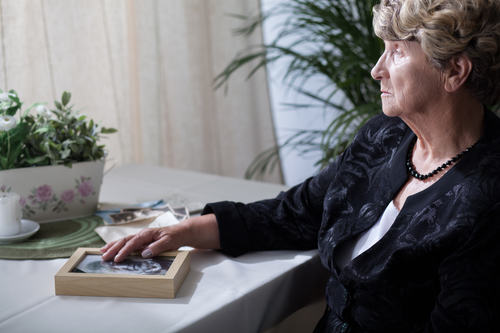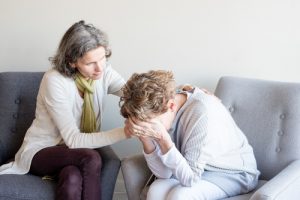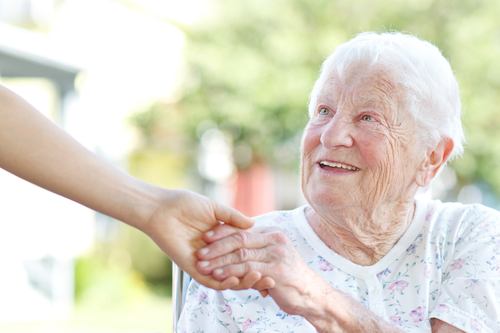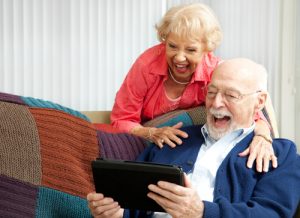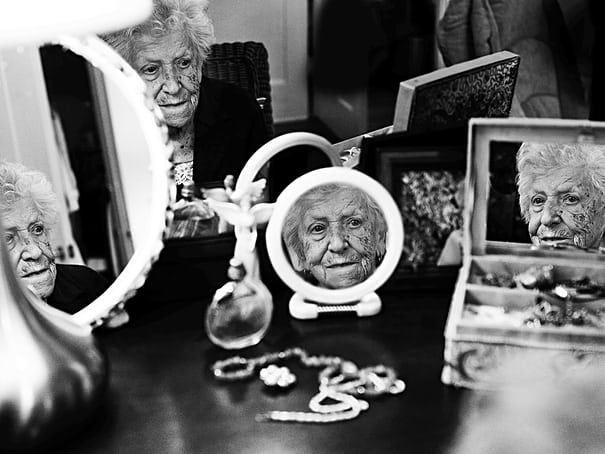
Arianna Clément started a project where she wanted to talk about elderly women’s conditions in general. She had no idea it would turn into a series where 100 year old women teach about beauty and what it means to them.
100 Year Old Women Teach About Beauty
One thing that kept occurring while Clément was interviewing these women was that they all wanted to make sure they looked good before any pictures were taken. Clément became interested in the effort these women put into looking beautiful.
So she decided to ask them about youth, aging, charm, appearance, and love. She also documented their beauty rituals.
Laure Saucier—101, passed away in 2016
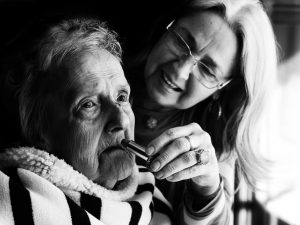
This women really connected to Clément. When Clément found her, she was very sick and weak. But, she was also peaceful and serene. She didn’t have energy to move or talk, though she used to be a very stylish woman. Clément guessed that she didn’t care about how she looked anymore.
But her daughter, Lise Provost, always made sure her mom looked good. Her nails and hair were done, she had jewelry and lipstick on. Provost knew that this used to be very important to her mother and wanted to honor her.
Since Saucier couldn’t talk, these rituals were their way to stay close together.
“She was very stylish and competitive. She was in love with my father and I think she worried about not being good enough. She always wore lipstick, blush, high heels, earrings, perfume, and curled her hair.” Lise Provost
Marie Berth Paquette—105
This woman loves to be the center of attention. She’s willing to do just about anything to make the people around her laugh. Every time Clément visited her, Paquette told her funny stories, she sang, and she danced.
“I personally find myself beautiful, and when I don’t, I do my best anyways! I like to have my hair neatly styled and wear dresses, jewelry, and other accessories. I’ve always paid attention to my appearance.”
Jeannette Ballard—100
“I definitely find myself as ugly. Beauty fades as we get older. Our noses and ears get bigger, our gait changes, we get hunched backs. Some are worse off than me, but I’m not beautiful at all. Still, I enjoy life and I look forward to the future, even if it’s a short one when you’re 100 years old.”
Marie-Berth Paquette—102
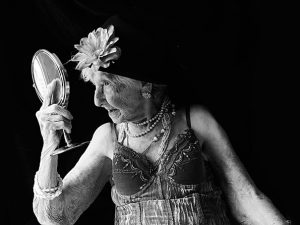
“My father was a painter and craftsman and he shared his love of art with me. I believe that everything that is artistic is beautiful: theater, picture frames, poems, paintings, flowers, songs. In a person, it’s the character, the silhouette, the smile and the eyes that count. That said, my biggest regret is not getting an education. Doors open for you when you’re educated. Otherwise you feel shame. Regardless of the situation, I would advise young women to educate themselves.”
Anne-Marie Pronovost—100, passed in 2017
“When I was young I had long hair, nice legs and curves. Young ladies today all strive to be skinny, but I think that real beauty is natural beauty. We are who we are, and that’s all that matters.”
Isabelle Gagn—103
“Of course I’d rather be good-looking rather than ugly! But back when I was young, I couldn’t be bothered with beauty. It was vanity. It was a sin. What really mattered was the family, putting food on the table and making sure that the children were bathed and clothed. I am blessed because my daughter is the one taking care of me. She welcomed me in her home 20 years ago and I am still there. Family is all that really matters.”
Read more from these amazing women here.



